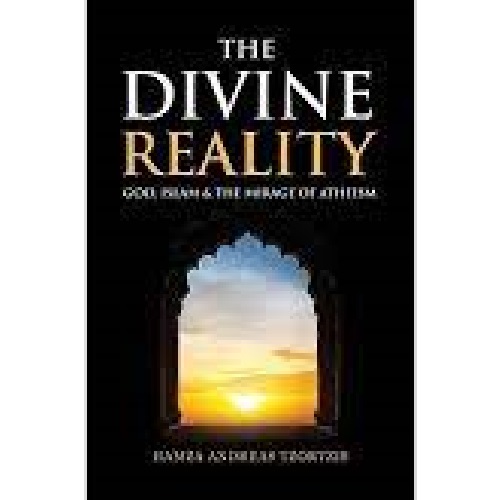Description
By W.H.T. Gairdner
Abu Hamid Mohammad ibn Mohammad Al-Ghazali (1058-1111), known as Algazel to the western medieval world, was born and died in Tus, in the Khorasan province of Persia (modern day Iran). He was a Muslim theologian, jurist, philosopher, psychologist and mystic of Persian origin and remains one of the most celebrated scholars in the history of Sufi Islamic thought. He is considered a pioneer of the methods of doubt and skepticism, and in one of his major works, The Incoherence of the Philosophers, he changed the course of early Islamic philosophy, shifting it away from the influence of ancient Greek and Hellenistic philosophy, and towards cause-and-effect that were determined by Allah.
He received many titles such as Sharaful A’emma, Zainuddin and Hujjatul Islam, meaning “Proof of Islam”. The autobiography Ghazali wrote towards the end of his life, The Confessions of Al-Ghazali: Rescuer from Error is considered a work of great importance. Another of Ghazali’s major works is Ihya al-Ulum al-Din or Ihya’ul Ulumuddin (The Revival of Religious Sciences). It covers almost all fields of Islamic sciences: fiqh (Islamic jurisprudence), kalam (theology) and sufism.







